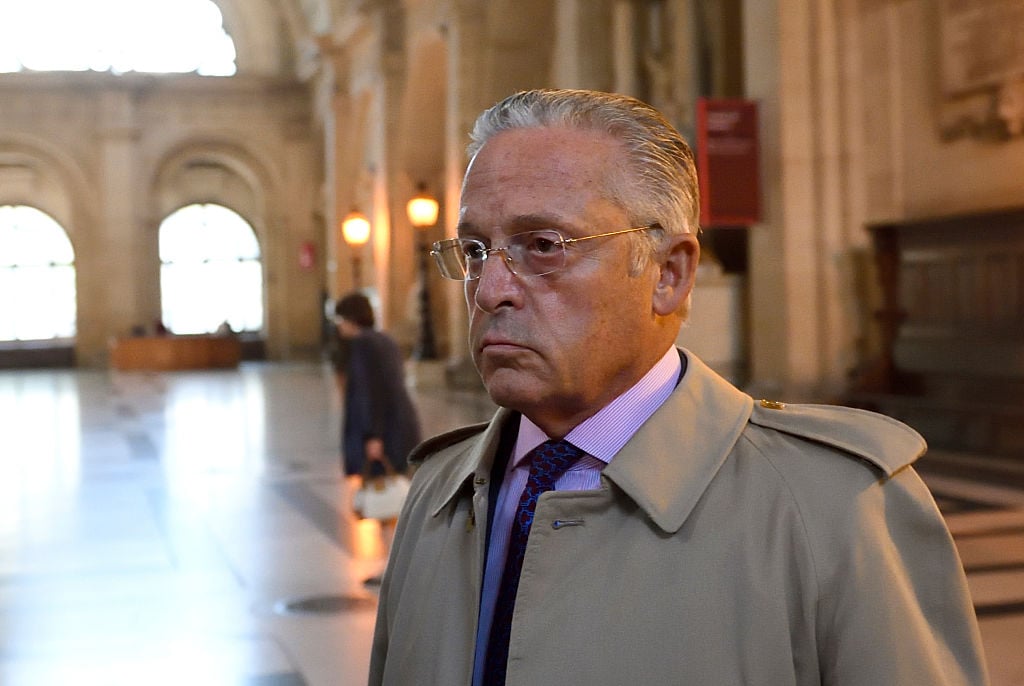
The ongoing tax evasion and money laundering trial of international art dealer Guy Wildenstein and his coterie of Swiss and French financial advisors at the Palais de Justice in Paris is exposing some ugly rifts within the family.
French police raided the venerable Wildenstein Institute in Paris in 2011. After much delay, the trial finally began in September.
According to a report in the New York Times, a tribunal of judges is taking a close look at the “opaque system by which the international art market uses foreign trusts, shell companies, and freeport warehouses” to get loans for investments, and how (and where) the family stored art works. (Before his death, Daniel Wildenstein created a trust in the Bahamas containing works “that he valued at about $1.1 billion.”)
The trial has also offered a glimpse of, as the Times notes, “tense financial disagreements and quarrels over estates in testimony delivered in French, English, Russian, German and financial jargon” from various members of the family.
Alec Wildenstein (L), nephew of Guy Wildenstein, arrives at the courthouse in Paris on September 22, 2016. Courtesy of AFP/Getty Images.
Guy Wildenstein’s nephew, Alec. Jr., and Liouba Stoupakova, the widow of his late brother Alec, are also on trial. The article notes that Stoupakova is “estranged from the family and engaged in a continuing legal battle over her share of the proceeds” from Alec’s trusts. He died in 2008.
Stoupakova testified in Russian, throughout which Guy Wildenstein reportedly “rolled his eyes and shook his head.” When questioned by his attorney to provide information about a Swiss bank account she maintains, she refused to do so, stating testily: “I’m at war with this family.” (Guy Wildenstein was previously released on €20 million bail in October 2014.)
Sylvia Wildenstein, the widow of their late father Daniel, has said that she had been excluded from the family business and left out of an inheritance.
The presiding judge in the tribunal, Olivier Géron, weighed in on the issue, noting: “I have the feeling that the men and women are not necessarily considered in the same way in the customs of the family.”
To which Guy stated: “I believe that you are mistaken. There are no differences between the male grandchildren and female grandchildren.”
Under the French legal system, a judge may call witnesses back to the stand at will to ask questions when testimonies conflict, so check back for updates.